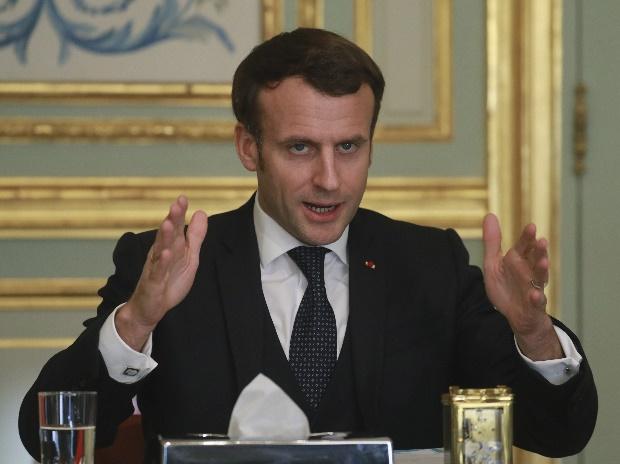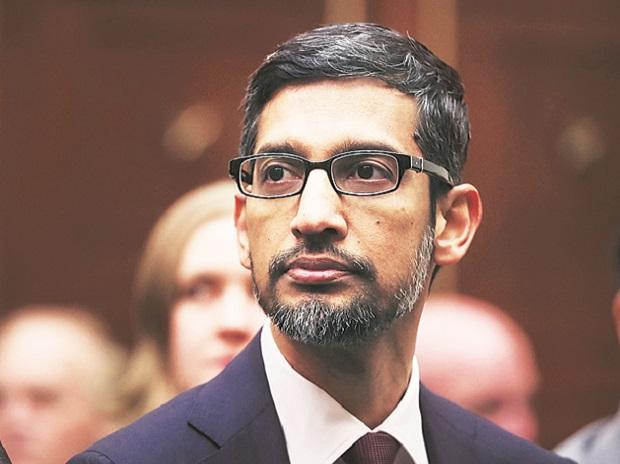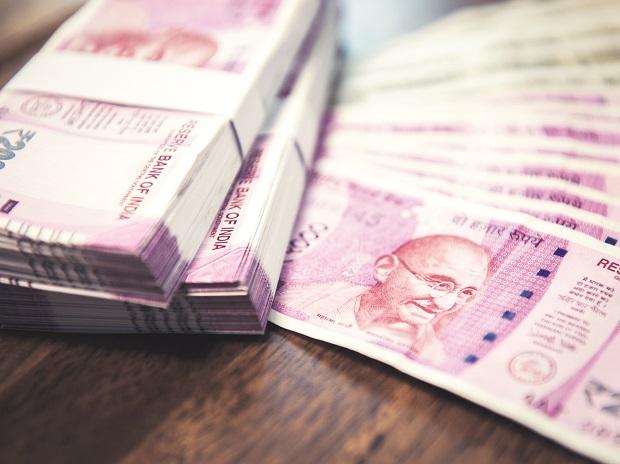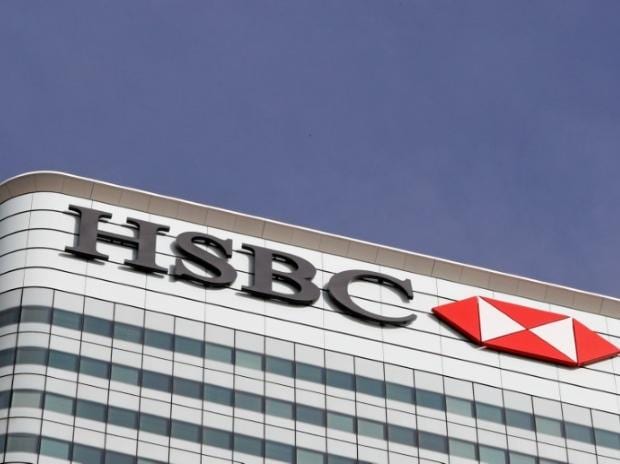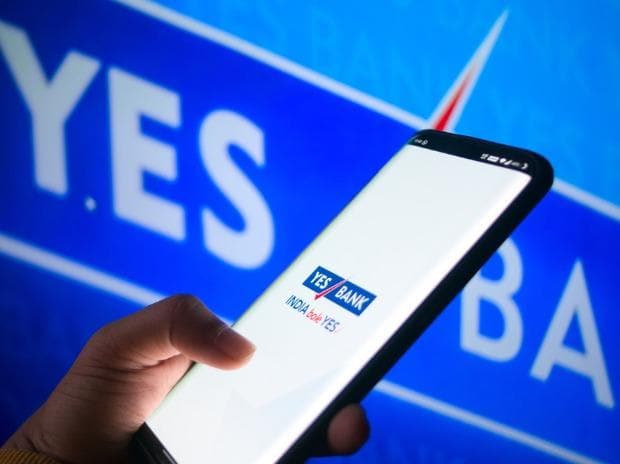The World Health Organization's Europe director said Thursday that
the 54-country region has again reached a new weekly record for confirmed cases.
The World
Health Organization's Europe director said Thursday that the 54-country
region has again reached a new weekly record for confirmed cases, with more
than 1.5 confirmed last week and more than 10 million since the start of the
pandemic.
During a meeting
with European health ministers, WHO European regional director Dr. Hans Kluge
said, hospitalizations have risen to levels unseen since the spring and that
deaths have risen by more than 30% in the last week.
Europe
is at the epicenter of this pandemic once again, Kluge said. At the risk of
sounding alarmist, I must express our very real concern.
Testing systems
have been unable to keep up with widespread levels of transmission, and test
positivity levels have reached new highs, with most European countries
exceeding 5 per cent and many cases spreading unchecked, he said.
Along with the
usual European countries, WHO includes Russia and some central Asian countries
like Tajikistan, Uzbekistan, Kazakhstan and Turkmenistan in its Europe region.
In the wake of
France and Germany approving new restrictions in hopes of reversing the trend,
Kluge called national lockdowns a last resort option, citing the considerable
damage the measures inflict on economies, people's mental health and the
incidence of domestic violence.
He said lockdowns
should give countries the chance to recoup and scale up so they can
theoretically strengthen their health systems and contact tracing programs to
quickly identify and stamp out new clusters.






